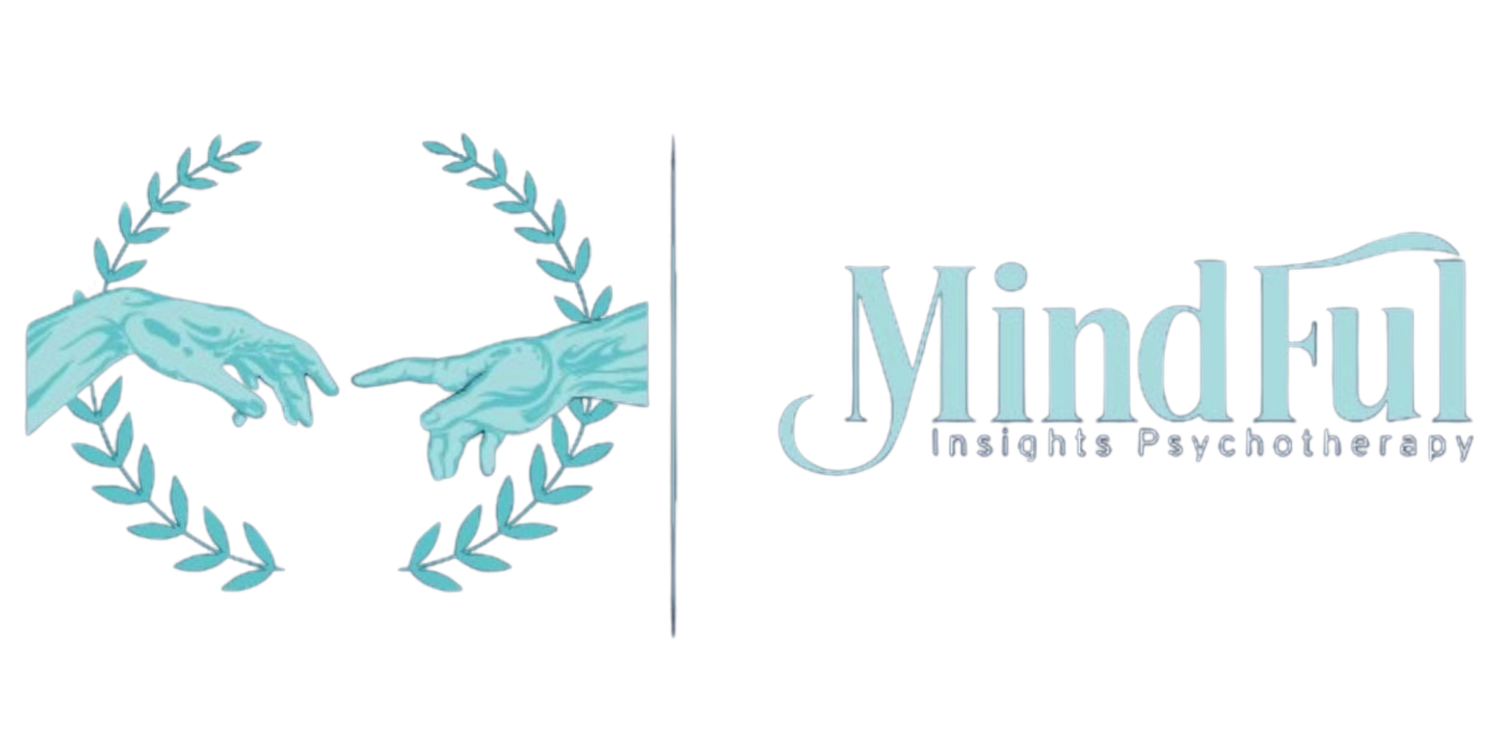When Helping Everyone Else Becomes Who You Are: Reclaiming Yourself Beneath the Caretaking
Let’s talk about something many people feel but rarely say out loud:
“I don’t know who I am if I’m not helping someone else.”
If that sentence hits a little too close to home—you’re not broken. And you’re definitely not alone.
At Mindful Insights Psychotherapy, we often sit with clients who’ve spent years, even decades, caring, fixing, giving, and sacrificing. Somewhere along the way, helping others became more than something they did—it became who they are.
This blog is for the helpers. The emotional anchors. The reliable ones. The ones who wonder quietly, “What’s left for me?”
When Caretaking Becomes an Identity
Being a caring person is beautiful. But when caretaking becomes your whole identity, it can feel like you’re disappearing inside your own life.
You might:
Jump to solve others’ problems
Feel guilty for resting
Struggle to say “no”
Only feel valuable when you’re useful
Feel adrift when others don’t “need” you
These are often survival strategies, not flaws. Maybe being helpful made you feel safe growing up, or it was the only way to earn connection. Maybe no one ever showed up for you, so you became the person who always shows up.
In “Why Do I Feel Like a Burden When I Talk About My Feelings?”, we dive deeper into how early emotional invalidation wires us to silence our needs and prioritize others.
The Cost of Always Being the Strong One
When your energy always flows outward, there’s not much left for you.
You might experience:
Emotional burnout
Disconnection from your own needs
Growing resentment
Confusion about your identity outside of helping roles
And yet, pausing to ask “What do I need?” feels uncomfortable, maybe even selfish.
But here’s the truth: being helpful is not a problem. Disappearing inside the helping is.
Why It’s So Hard to Stop
If helping has become a source of identity and safety, then stepping back can feel like falling apart.
Many clients tell us they fear becoming “selfish” or “useless” if they stop overextending. But as we often say in therapy:
Guilt isn’t always a sign you’re doing something wrong—it’s a sign you’re doing something new.
And when you’ve spent years minimizing your needs, putting yourself on the list at all can feel unfamiliar—but it’s a crucial part of healing.
Reclaiming Your Identity in Therapy
Therapy is a place where you get to take the helper hat off and just be human.
At Mindful Insights Psychotherapy, we work with clients to gently:
Explore the roots of their caretaker identity
Unpack fears around being “too much” or “not enough”
Develop the language to name their own needs
Reconnect with passions, preferences, and parts of self that got buried
You can still care for others—but from a place of balance, not burnout.
You Are More Than What You Give
Your compassion is a gift. Your reliability is admirable. But your worth is not conditional on being everything for everyone.
You’re allowed to rest. To receive. To ask for help.
You’re allowed to exist even when no one needs you.
And if you’re in a season of wondering, “Who am I when I’m not fixing everything?” — you’re not falling apart. You’re waking up.
In our blog “How Therapy Helps When You’re the ‘Strong Friend’”, we explore this shift in more detail—when being dependable becomes a burden, and how therapy can support your emotional return to self.
Ready to Rediscover Who You Are?
You’re more than a role, a title, or a source of support.
If you’re ready to explore your identity beyond caretaking, individual therapy may be the space you need. And if you’re looking for more reflections like this one, browse our therapy blog for support that meets you where you are.
At Mindful Insights Psychotherapy, we’re here to walk with you as you uncover the self that’s always been there—beneath the doing, beneath the giving, beneath the performance.
You don’t have to earn your right to take up space. You already do.

